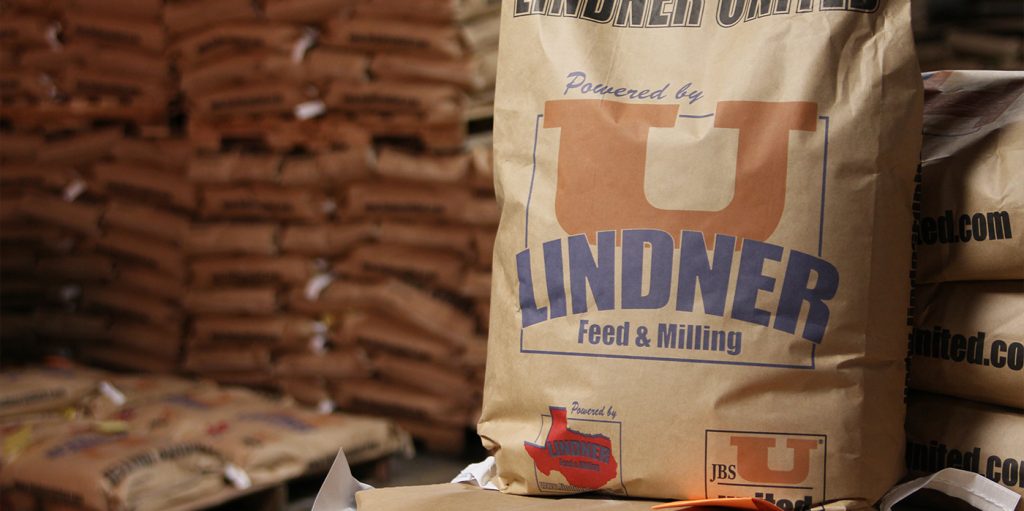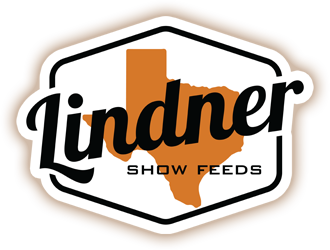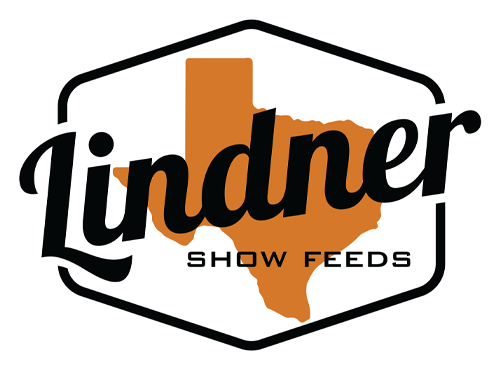Frequently Asked Questions on PEDv and Lindner United Feed

It is a goal of the Lindner United team to be transparent and informative on your frequently asked questions related to PEDv and our feed. Please read through all questions and answers to become completely educated on this topic. If you have any further questions, please contact your Lindner United Sales Representative.
If my pigs have contracted PEDv, should I let Lindner-United know?
Yes, please let us know if your animals have contracted the virus. This information will allow us to take the appropriate steps to help minimize the spread to other operations. If your operation breaks, please inform your Lindner-United sales representative.
What are Lindner United/JBS United trucks doing to maintain proper biosecurity with an increasing number of farms contracting PEDv?
Lindner United/JBS United is taking a proactive stance on feed transportation biosecurity. Feed deliveries are scheduled for PEDV negative farms first on routes, and PEDv positive farms at the end of the route. At each delivery, drivers are utilizing disposable foot coverings and/or disinfecting their boots, and feed dollies and truck platforms are disinfected after every delivery. After delivering to PEDV positive farms, the truck tires are disinfected before going to another farm. We are taking all the possible steps to protect our customers during feed deliveries.
What are the main ways in which PEDV is spread?
The only confirmed method of spreading PEDv is through oral consumption of infectious fecal material. Therefore, any situation capable of bringing manure into contact with other pigs is a risk. Common risks include: pig contact, manure, people, trucks, birds, and rodents. These are the same transmission points for many other diseases.
If feed was transferring PEDv, wouldn’t more farms be infected?
Yes, more farms across the United States and Canada would be infected with PEDv if feed was transferring the virus. We as a feed industry, have overlap in the ingredients and suppliers that we use. A good example as to why feed isn’t to blame for PEDv transmission can be seen in the state of Nebraska. The entire state remained PEDv negative until December 1, 2013. During this 7 month period, pigs in Nebraska were being fed complete feeds that contain the same ingredients as other producers who were breaking with PEDv across the nation.
Is it beneficial to analyze feed that has been in contact with pigs?
No, it is not beneficial to have feed analyzed for PEDv after it has been in contact with pigs. If pigs are infected with PEDv, it is highly likely that the feed has been environmentally contaminated with PEDv.
What ingredients are of concern in regards to the potential of PEDv transmission through feed?
The original ingredient that was brought into question was vitamins sourced from Asia. However, due to the rapid increase of PEDv cases throughout the country, this concern was shifted to animal proteins that are of porcine origin. Despite these concerns, further scientific investigations have not indicated that either ingredient is a vector for PEDv or any other virus known to effect swine.
What is Lindner-United doing to insure feed ingredients and products are safe?
Lindner-United has and will continue to work with reputable ingredient suppliers to ensure that the ingredients used in our products are of the highest quality and safe. Lindner United works closely with its ingredient suppliers to verify where these ingredients originate, how they are manufactured, stored, handled and any other factors that will impact product safety.
All animal protein products that Lindner United utilizes are produced in North America and processed at temperatures capable of completely inactivating PEDv and other viruses known to effect swine.
All corn utilized in Lindner United diets is subjected to strict quality control protocols and is stored in closed bins that cannot be accessed by birds and rodents. As a further bio-security measure, all corn is sourced from growers that DO NOT raise hogs and DO NOT utilize hog manure for fertilizer.
How will Lindner-United make decisions regarding the use of animal proteins as ingredients?
Lindner United will utilize sound science and not emotion to drive any and all decisions regarding ingredients and their potential to spread any disease. Lindner-United is confident our products are not a transmission point for PEDv. Based on current scientific information, we do not feel the need to change any feed formulations.
What is a PCR analysis?
PCR (Polymerase Chain Reaction) analysis is a laboratory technique commonly utilized to detect specific DNA material within a sample. This analysis must be conducted a reputable veterinary diagnostic lab.
Does a positive PCR analysis tell us if the feed is infective?
No, a positive PCR analysis does not mean that the feed is a carrier of PEDv that would cause pigs to break with the virus. A PCR analysis can only detect the presence of DNA material. A PCR analysis does not determine if the DNA material is intact or is capable of infecting pigs with PEDv.
How do you determine if a feed product is infective?
The only way to determine if PCR positive feed products can transfer the virus to pigs is to perform a bioassay. A bioassay is a process in which the product in question is fed to a group of pigs in a controlled research environment. After 4 days, (the incubation period for PEDv) pigs are observed for clinical signs of the virus and the intestinal samples are collected and analyzed for PEDv, via PCR and Immunohistochemistry. The PCR analysis will determine if the feed sample has transferred PEDv in the pig’s small intestines. It is important to perform bioassays in a controlled environment to ensure that the pigs are PEDv negative at the start of the trial and also ensure that no environmental contaminants led to a PEDv infection.
Has any research been conducted to determine if PEDv can be transferred through the feed?
Multiple Bioassays have been conducted to help determine if feed that is PCR+ for PEDv, can spread the virus and infect pigs. To date, there has been no definitive evidence linking feed as the actual source of PEDv transmission.
JBS United was asked to have a 3rd party conduct a bio assay on a feed that tested PCR+ for PEDv. The Bioassay was conducted at the University of Minnesota Veterinary Diagnostic Laboratory and all protocols were stipulated by a State Veterinarian. The results of the bioassay concluded that the PCR+ Feed DID NOT infect the pigs with PEDv.


